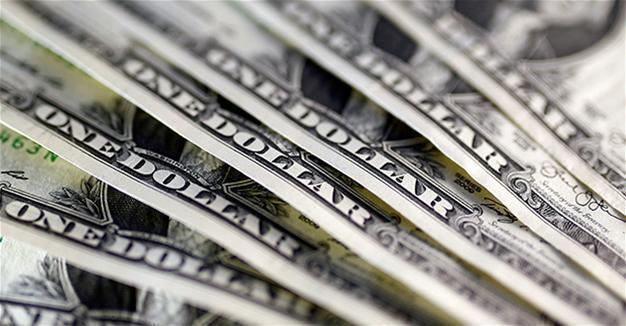FDI inflow to Turkey down 31 percent to $12 billion due to failed coup attempt: UN
ISTANBUL
 The foreign direct investment (FDI) inflow into Turkey plunged by 31 percent to $12 billion in 2016, as the failed coup attempt cast doubt on political stability in the country, the World Investment Report 2017 by the United Nations Conference on Trade and Development (UNCTAD) has shown.
The foreign direct investment (FDI) inflow into Turkey plunged by 31 percent to $12 billion in 2016, as the failed coup attempt cast doubt on political stability in the country, the World Investment Report 2017 by the United Nations Conference on Trade and Development (UNCTAD) has shown. “FDI flows to Turkey fell by 31 percent to $12 billion in 2016. Unlike most countries in the sub-region, which rely heavily on oil, manufacturing accounted for about half of the total FDI inflows into Turkey in recent years, reflecting the country’s diversified industrial structure. Although Turkey’s FDI performance is therefore relatively insulated from fluctuations in oil prices, the failed coup attempt in 2016 cast doubt on the country’s political stability and disrupted economic growth, which in turn affected FDI inflows,” said the report published on June 7.
For the positive side, Turkey became the most active country in clinching international investment agreements (IIAs) last year.
The most active country was Turkey, concluding seven treaties, followed by Canada, Morocco and the United Arab Emirates, with four treaties each, and the Islamic Republic of Iran and Nigeria with three treaties each, according to the report.
In 2016, 37 new IIAs were concluded, bringing the total to 3,324 treaties by year-end (with an additional 4 treaties concluded in early 2017).
The head of Investment Support and Promotion Agency (ISPAT) said it was impressive that Turkey managed to attract that amount of FDI despite many negativities.
“Turkey managed to lure over $12 billion FDI in 2016 despite all the negativities it witnessed last year. It also saw a 55 percent increase in the inflow of greenfield investments last year compared to the previous year,” said ISPAT President Arda Ermut, as quoted by state-run Anadolu Agency on June 8.
While project numbers into Turkey fell by 5 percent in 2016, capital investment in greenfield projects increased by 55 percent to $8.8 billion, according to the latest fDi Intelligence, the Financial Times’ specialist unit dedicated to foreign direct investment.
Global FDI flow falls to $1.75 trillion
Following a surge in foreign investment in 2015, global FDI flows fell by 2 percent to $1.75 trillion amid weak economic growth, the UNCTAD report also showed.
Global FDI fell by less than previously thought in 2016 and will rise this year and in 2018, although its flow will stay below the peak seen 10 years ago, according to the report.
The United States remained the top FDI recipient in 2016, with inflows increasing 12 percent to $391 billion, followed by Britain, which was pushed up into second position by several mega-deals and welcomed $254 billion of FDI in total.
China was in third position but slipped 1 percent from 2016 to $134 billion.
For the first time, China was the world’s second-largest investor, as FDI outflows surged by 44 percent to $183 billion, a new high, according to the report.
In 2007, FDI flows hit an estimated $1.9 trillion, the highest on record.
















